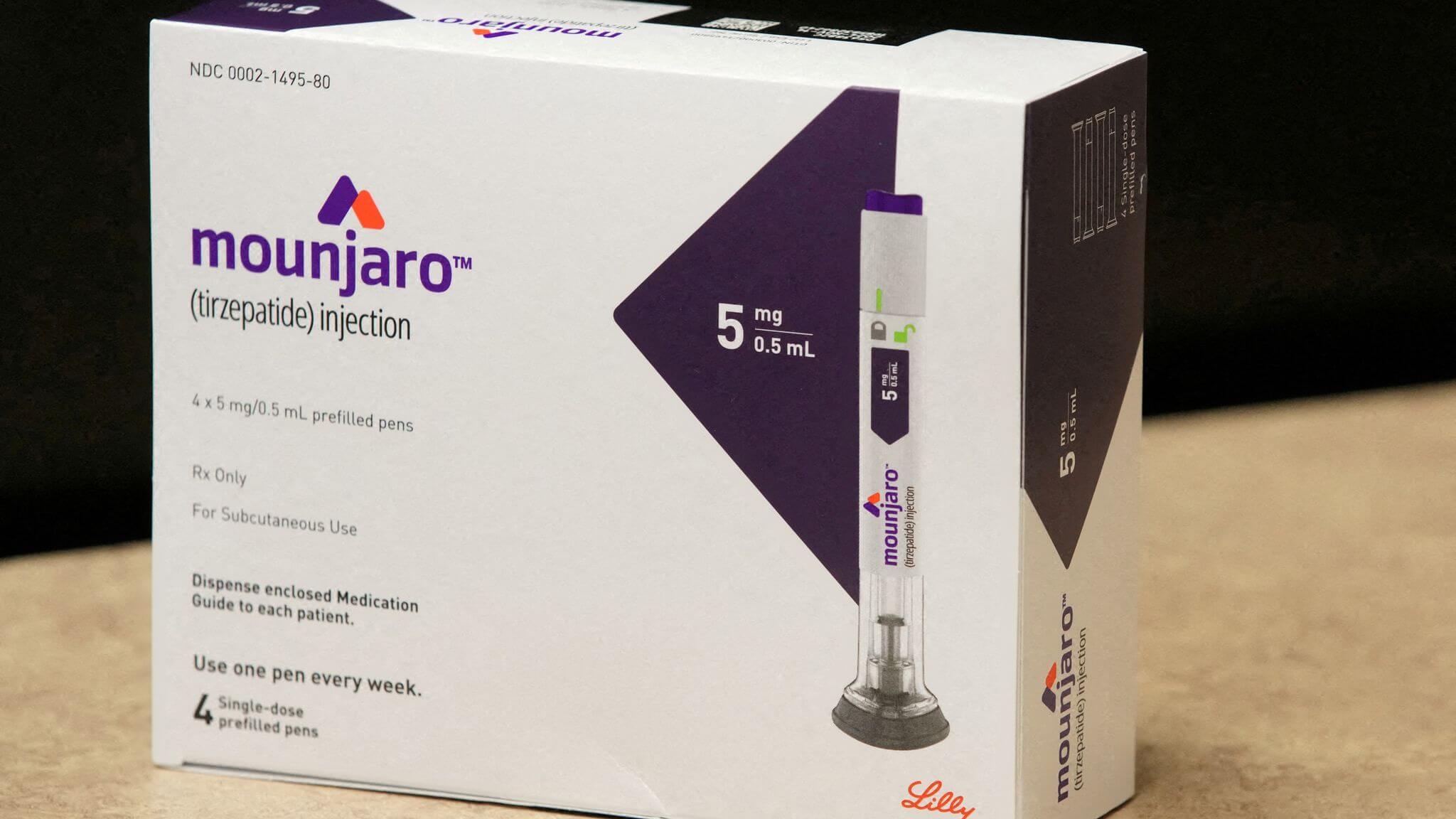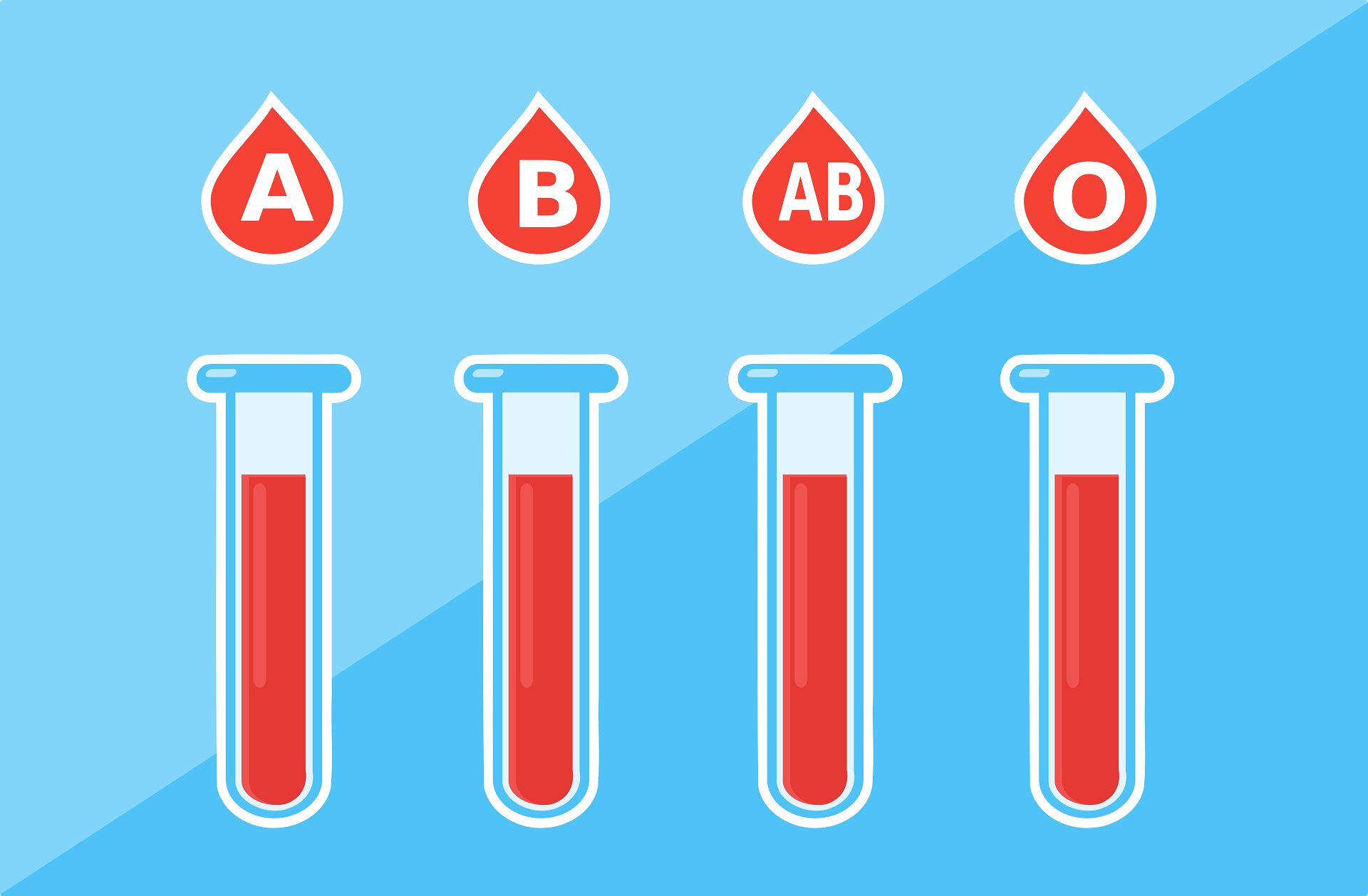Know 5 health benefits of eating this superfruit Orange
Fri 01 Dec 2023, 21:06:29

As the weather gets colder, we often turn to comfort foods to warm us up. However, some of these comfort foods can be high in calories and lacking in nutrients. That's why it's important to incorporate seasonal fruits and vegetables into our diets, such as oranges. This winter superfruit not only tastes delicious, but it also offers a range of health benefits. Let's explore five reasons why you should add oranges to your diet this winter.
Boosts Immune System
Oranges are an excellent source of vitamin C, which is known for its immune-boosting properties. This essential vitamin helps to stimulate the production of white blood cells, which are responsible for fighting off infections and illnesses.
Good for Heart Health
Oranges are a heart-healthy food due to their high potassium content. Potassium is a mineral that helps to regulate blood pressure and reduce the risk of heart disease. They also contain soluble fibre, which helps to lower cholesterol levels by slowing down the absorption of cholesterol into the bloodstream. Additionally, the
flavonoids found in oranges have been linked to a reduced risk of heart disease and stroke.
flavonoids found in oranges have been linked to a reduced risk of heart disease and stroke.
Rich in Nutrients
Oranges are not only packed with vitamin C, but they also contain a variety of other essential nutrients. Apart from vitamin C, they also contain folate, vitamin B that is essential for red blood cell production and healthy cell growth.
Boosts Skin Health
The high levels of vitamin C in oranges are essential for the production of collagen, a protein that helps to keep your skin firm and elastic. It also helps to protect against sun damage and promotes wound healing.
Supports Weight Loss
With holiday feasts and gatherings around the corner, many of us are concerned about maintaining our weight during this time. Fortunately, oranges can be a great addition to your weight loss journey. They have a high water content, which can help you feel full without consuming excess calories. Also, the natural sugars in oranges provide a sweet and satisfying taste without the added sugars found in many processed snacks.
No Comments For This Post, Be first to write a Comment.
Most viewed from Health
AIMIM News
Latest Urdu News
Most Viewed
May 26, 2020
Can Lionel Messi's visit boost Indian football?
Latest Videos View All
Like Us
Home
About Us
Advertise With Us
All Polls
Epaper Archives
Privacy Policy
Contact Us
Download Etemaad App
© 2025 Etemaad Daily News, All Rights Reserved.

























.jpg)
.jpg)
.jpg)


